On the occasion of attending the International Conference on Artificial Intelligence (AI) and Semiconductors 2025, Dr. Christopher Nguyen - CEO of Aitomatic - shared about global trends, opportunities for Vietnam and the expectation of becoming a world technology center.
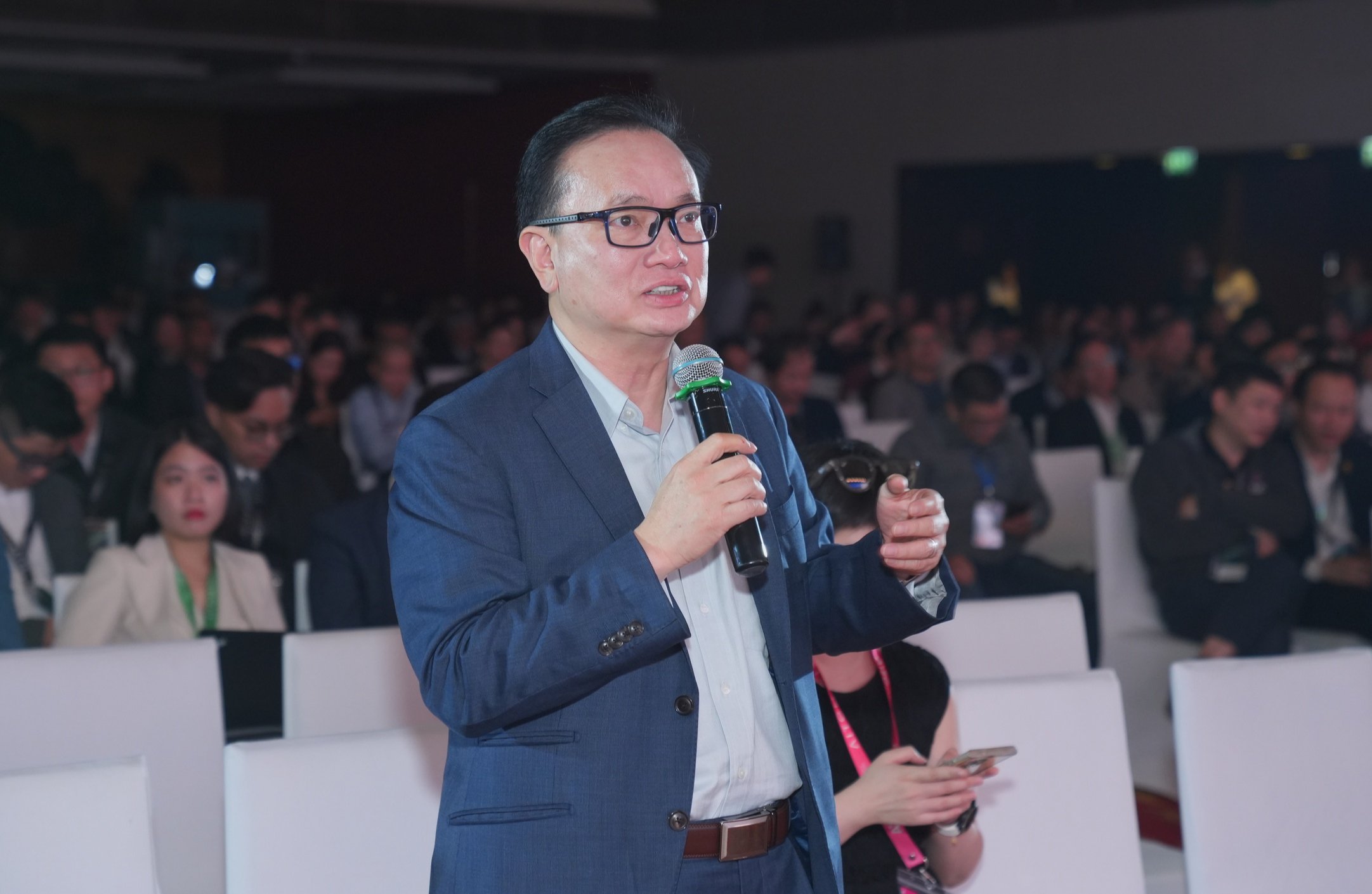
Dr. Christopher Nguyen - CEO of Aitomatic
"Vietnam is at a turning point between phase 2 and phase 3 of national development. Phase 1 is providing cheap labor, phase 2 is providing qualified human resources for international corporations.
And the third stage - the most important - is to have businesses that can sell products and technology to the world."
On the occasion of being in Vietnam to organize the International Conference on Artificial Intelligence (AI) and Semiconductors 2025, Dr. Christopher Nguyen - CEO of Aitomatic - shared in-depth information about global trends, opportunities for Vietnam and its own path to become the world's new technology center.
Dr. Christopher Cuong Nguyen
"Everyone asks me about Vietnam"
* AI and semiconductors are being mentioned a lot in the media in Vietnam and the world. As someone in the industry, do you think this trend is really as "hot" as it is in the news, sir?
- In my opinion, AI and semiconductors are two pieces of the puzzle that have inevitably converged, not a coincidence. AI itself has been developing for more than 30 years, but it only really exploded when it encountered the "key" called scale - and that scale is thanks to the advancement of semiconductor technology. I call it "technological magic".
Specifically, AI only really made leaps and bounds since 2012, when Google trained deep neural networks on a huge infrastructure to help recognize images on YouTube, and Vietnamese people can be proud because there were Vietnamese engineers in that group. Since then, AI has escaped the experimental model and touched everyday life.
But AI couldn’t have done that without the semiconductor boom. Increasingly powerful chips containing billions of transistors paved the way for AI applications like ChatGPT and DeepSeek today.
And then, in turn, AI itself continues to fuel demand for semiconductors. This is a virtuous cycle between the two fields, leading to a wave of investment and fierce competition globally.
* Looking at it practically, what are the opportunities for a developing country like Vietnam in this race?
- Opportunities for Vietnam are greater than ever. On the one hand, global geopolitical tensions, especially between the US and China, are driving supply chain restructuring. Corporations are looking to “de-risk” by finding alternative sources of supply. And Vietnam is emerging thanks to its favorable geographical location, young population and open-door policy.
I think Vietnam is in a transitional phase between “phase 2” and “phase 3” of national development. Phase 1 is providing cheap labor, phase 2 is becoming a source of qualified human resources for international corporations. And phase 3 – the most important – is creating Vietnamese enterprises that can sell their products and technology to the world.
* "Once in a lifetime opportunity" - what makes you so optimistic, sir?
- I say this not to impress, but because of the converging factors: the shift in global supply chains, young population, the Government's strategic vision and especially the AI - semiconductor boom. I traveled across Asia - Pacific, met partners from TSMC, Samsung, Tokyo Electron, JSR... They all asked me about Vietnam. They saw in Vietnam not only human resources, but also a potential future market.
In general, international businesses also highly appreciate Vietnam's great strides in investing in AI and semiconductor infrastructure, especially through programs to encourage innovation and attract foreign investment. Japan wants to invest in Vietnam. South Korea wants to invest in Vietnam. Taiwan also wants to invest in Vietnam.
In addition, I have seen many large companies in the US or Japan lacking highly specialized personnel due to an aging population, while Vietnam has a young, potential workforce. This is a plus point that few countries have.
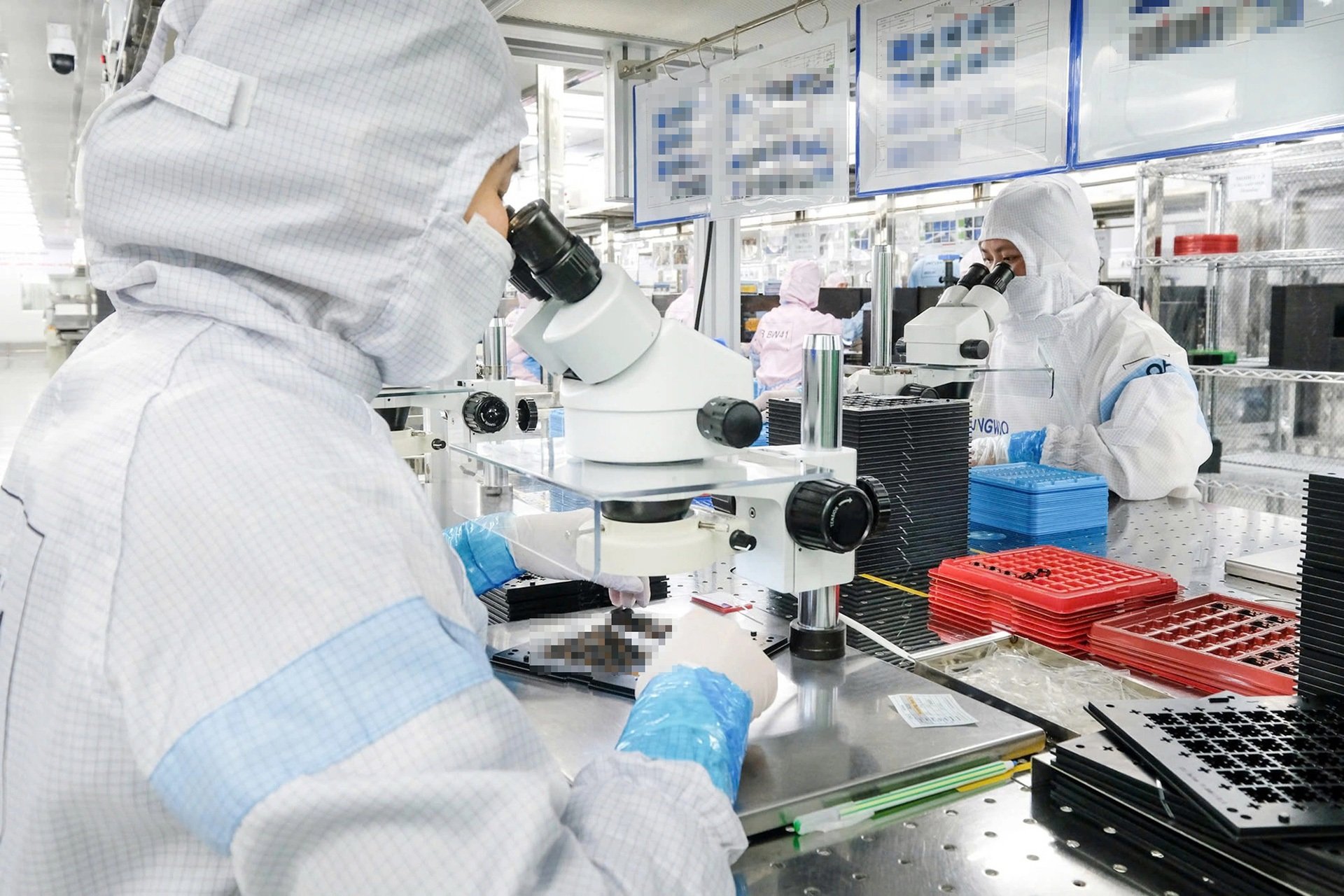
Workers of a Korean FDI company produce according to orders of a large technology corporation in a clean room - Photo: NGUYEN HIEN
No need to "pour" tens of billions of dollars
* In your opinion, how can Vietnam take advantage of its opportunities?
- One of the important keys lies in training. Vietnam needs to prioritize the strong development of high-quality human resource training programs for AI and semiconductors.
I emphasize that training should not stop at university level but should be expanded to cooperation models between businesses and schools. This will help students practice in factories, R&D centers, and modern labs from an early age. From there, they will clearly understand the standards, processes, and practical requirements of global technology corporations.
Vietnam has a talented team of technology experts working in Silicon Valley and other major technology centers around the world. This team will make important contributions in consulting and training. There should be more mechanisms and policies to encourage this team to participate more deeply in many projects in Vietnam.
At the same time, Vietnam should also invest in modern infrastructure such as large data centers, high-tech parks and technology startup ecosystems. These conditions will provide engineers and researchers with an ideal environment to innovate and test new technologies.
Finally, it is indispensable to build a flexible and transparent legal framework for the AI and semiconductor sectors, creating a fair competitive playing field and attracting more international investment in technology training and development projects.
In general, I see that Vietnam's leaders are very determined to develop science and technology and have the right direction. For example, with Resolution 57, I clearly feel the determination from the senior leaders. The Resolution is a remarkable change, affirming the innovative direction in the approach to law making, both meeting management requirements and creating conditions to promote creativity...
* Do you think financial resources are a limitation for Vietnam in this race?
- In fact, Vietnam does not need to pour tens of billions of dollars into "games" like 2nm chip production - where giants like TSMC, Intel, and Samsung have decades of experience behind them.
Instead, we need to go into the “niche” – where the world doesn’t have a clear leader. The clearest example is Edge AI. This is the trend of AI running right on devices like cars, smart home devices, robots, not depending on the cloud.
The Edge AI market is worth trillions of dollars, and Vietnam is well positioned to become a center for chip design and solutions in this field, thanks to its young and abundant workforce of engineers.
I believe that with 10,000 - 20,000 well-trained engineers in IC design and Edge AI, Vietnam can play a leading role without having to invest too much in manufacturing infrastructure.
Join Gmail development
Dr. Christopher Cuong Nguyen was born in Vietnam and left his homeland in 1978 at the age of 13. In the United States, he pursued a career in technology. He participated in the development of the first flash memory transistor at Intel and held the position of technical director of Google Apps, making important contributions to the development of the Gmail product.
He also helped build the computer engineering program at the Hong Kong University of Science and Technology. He is currently the co-founder and CEO of Aitomatic, a US-based industrial AI consulting firm.
Source: https://tuoitre.vn/co-hoi-ngan-nam-de-phat-trien-ai-cong-nghe-ban-dan-20250323223850508.htm



![[Photo] Closing of the 11th Conference of the 13th Central Committee of the Communist Party of Vietnam](https://vstatic.vietnam.vn/vietnam/resource/IMAGE/2025/4/12/114b57fe6e9b4814a5ddfacf6dfe5b7f)
![[Photo] Overcoming all difficulties, speeding up construction progress of Hoa Binh Hydropower Plant Expansion Project](https://vstatic.vietnam.vn/vietnam/resource/IMAGE/2025/4/12/bff04b551e98484c84d74c8faa3526e0)



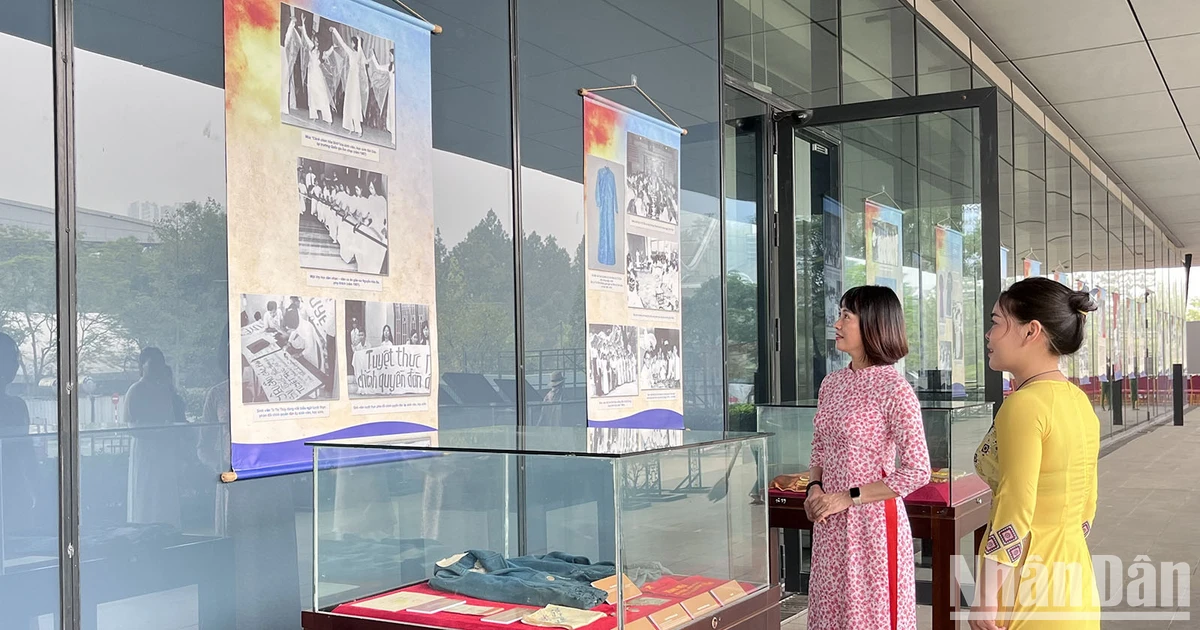



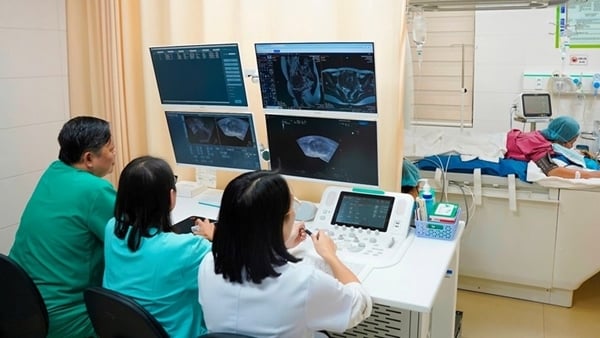





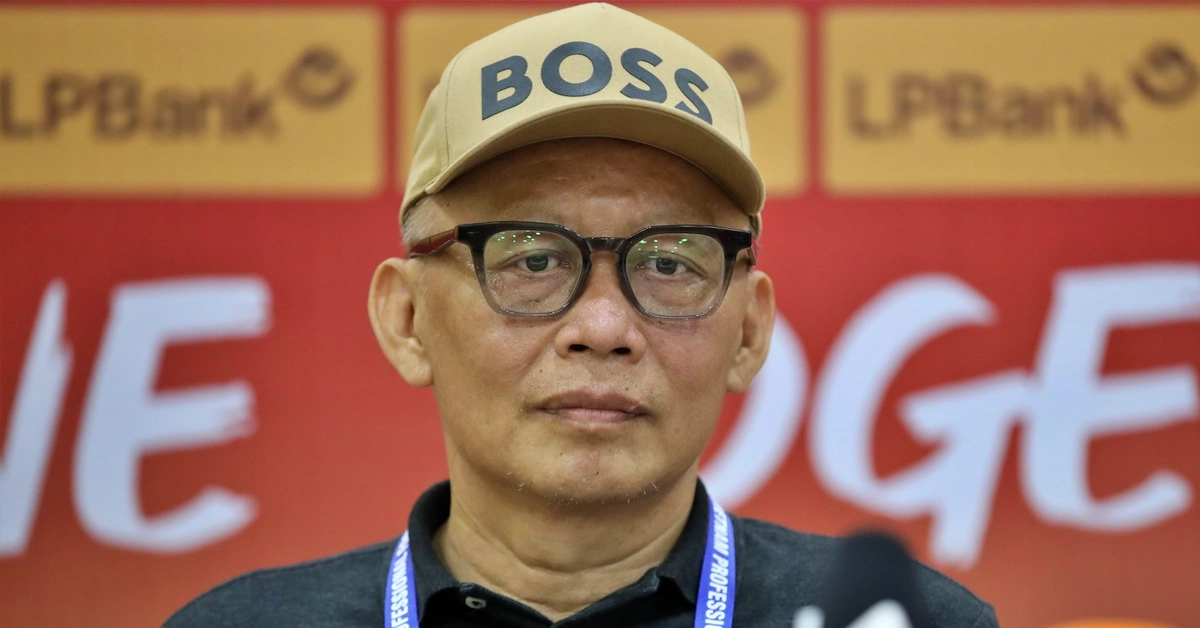























































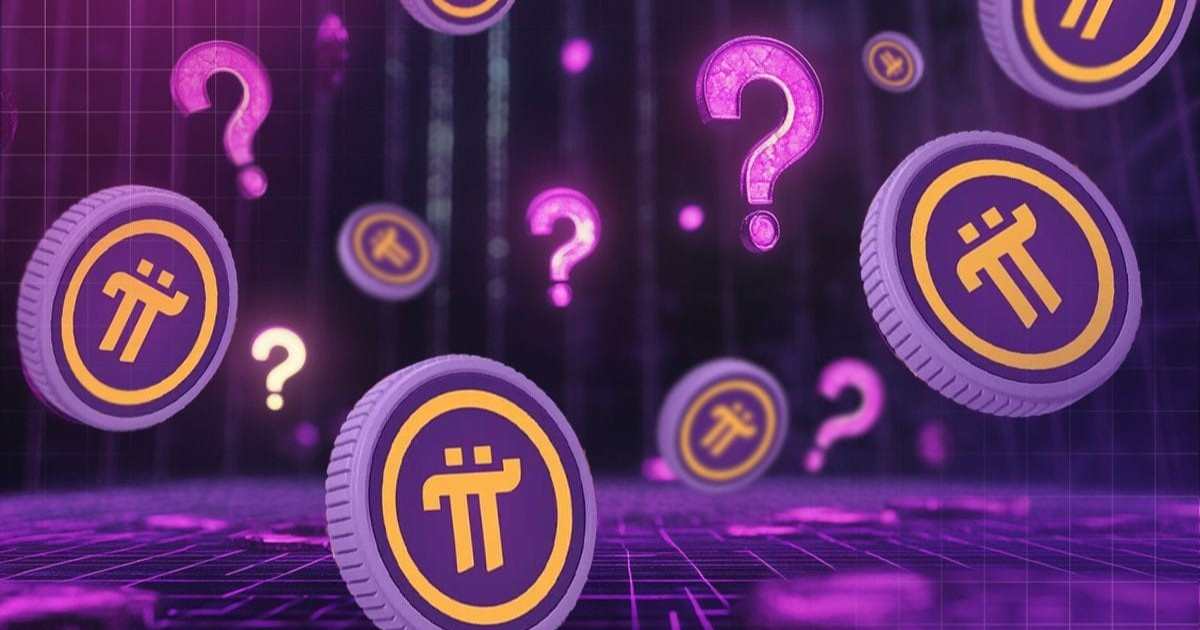












Comment (0)